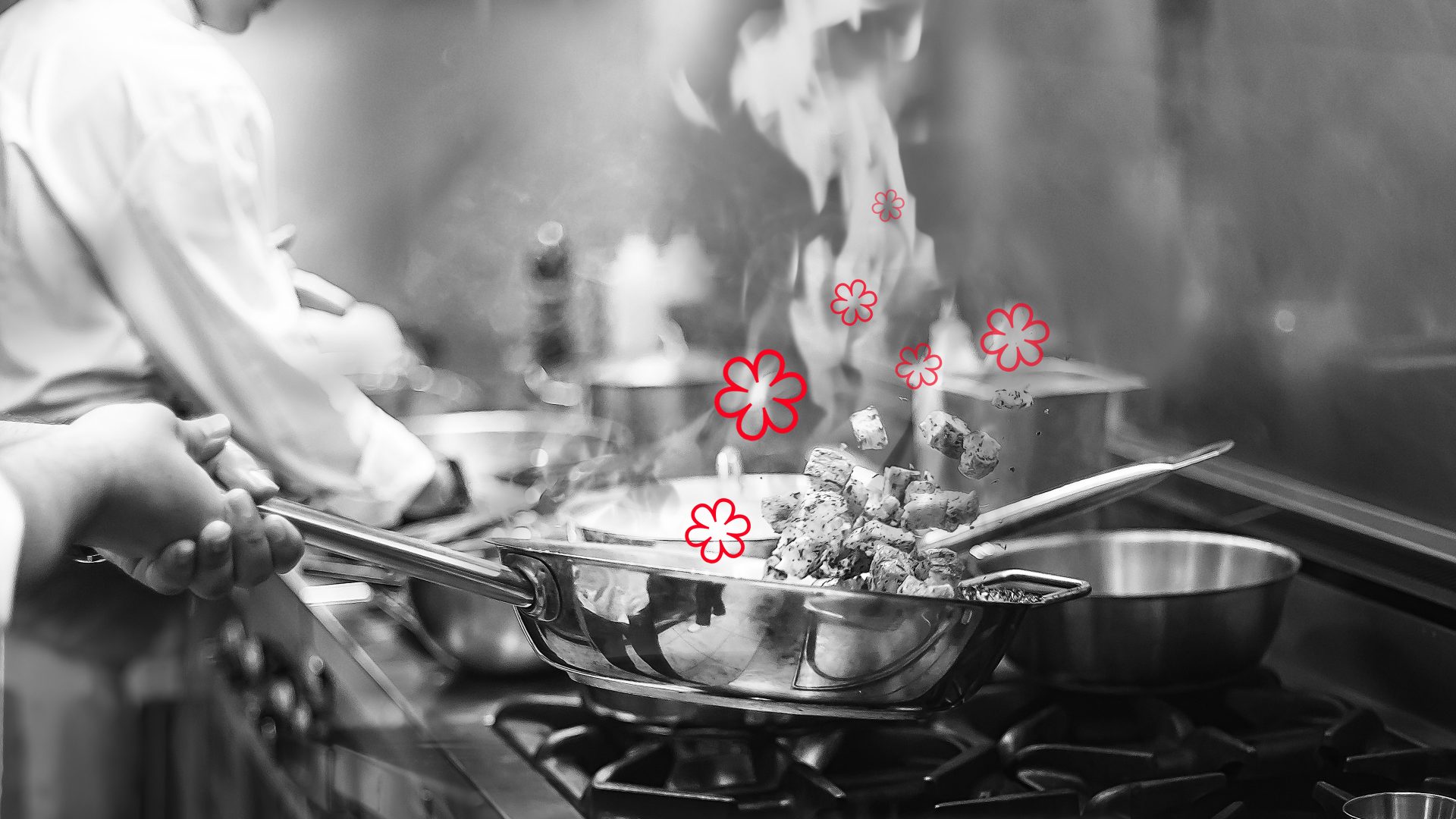Plenty of bold predictions from those in the know were being flung about ahead of this year’s Michelin Guide ceremony in Glasgow. That most of them came true is great for the restaurants and staff involved – but it may present a problem for Michelin itself.
Not everything came off. Numerous chefs, PRs and food writers suggested Ikoyi, the West African-inspired restaurant in London, would be bestowed with three stars in 2025. It didn’t happen.
More still fancied Jason Atherton’s latest high-profile London venture, Row on 5, to get two stars, despite being open less than a year. It gained one, so the fans were still on the right track.
Many more of the hottest tips were on the money. Countless people reckoned Lita, the expensive but unerringly brilliant restaurant in Marylebone would gain its first Michelin star this year. Irish chef – and devout Crystal Palace fan – Luke Ahearne is building something special.
There were more winning bets when it came to upscale restaurants in London. The likes of Cornus, Oma, Mauro Colagreco at Raffles and Caractere, Emily Roux’s Notting Hill venue, each won a star, as everyone thought they would. Each of these is commendable but for me, none is standout. To nobody’s surprise, the Ritz Restaurant was finally awarded two stars: it was a long time coming, probably long overdue.
A similar vibe was felt regarding restaurants outside of London. A total lack of astonishment that Lyla in Edinburgh, Stuart Ralston’s fourth restaurant and his most upmarket to date, won a star. It is a glorious place, one that parades the finest Scottish shellfish with aplomb.
It was the same story when stars came for Skof in Manchester, where chef Tom Barnes – ex-L’Enclume (three stars since 2022) – mans the stoves. And for Wilson’s in Bristol, another example of lively, progressive and comforting modern cooking.
Even the UK’s latest three Michelin-star restaurant, Moor Hall in Aughton, West Lancashire, has been touted to win the highest honour for some years now. Certainly its third star is well deserved and exciting. I visited Mark Birchall’s northern temple to gastronomy in 2021 and have thought about it ever since. Finally (finally!) it is considered by Michelin as being one of the greatest restaurants in the world. But its success this time was also predictable.
I think the fact Michelin has become so linear in the UK says two things. The first is hugely positive: Britons are continuing on our forceful march to becoming a nation of true food fans, much like France, Spain and Italy (all so full of stars it’s like looking at the night sky through a telescope).
Our three-star restaurants now number ten, four behind Italy and six behind Spain, and we have Michelin-starred establishments from Bristol to Cardiff, Birmingham to Manchester, Edinburgh to Bury-St-Edmunds. There is nothing to do with this information but be celebratory.
But second, and I say this much less enthusiastically, to be too predictable is to be boring. Like Manchester City used to before they started throwing goals in.
Unlike some of my peers, I remain a fan of Michelin for the simple fact that it means so much to chefs. It changes their lives through recognition and business. Stars, thanks to exposure and reputation, get customers through the door.
That being said, I fear that the brightness of these stars will start to fade if Michelin doesn’t up the ante. Why is it that there were no shocks this year?
When the London sushi restaurant The Araki went from three stars to zero in 2019, newspapers purred. It was not a trade story but a lead in the nationals. When Clare Smyth became the first female chef in the UK to win three stars in 2021, it was front-page stuff. Rightly so.
This year, Michelin produced a video trumpeting female chefs in kitchens, but no new female chef was awarded a star, weirdly. Joké Bakare 12 months ago became the first black female chef in the UK to win the prestigious award. Fast-forward to now and we are without anything explosive. It might have even been a little perfunctory.
I don’t wish to detract from this year’s winners. Each one is worthy of praise and has worked hard to earn their place. But I want more people in the UK, not only diehard food fans, to have a real interest in restaurants; for chefs to make the front page like they do on the continent.
And for that to happen, guides such as Michelin need to go harder and go bigger. Chefs must be vocal in turn. UK restaurant successes are something to be proud of. In 2026, let’s turn up the heat.












